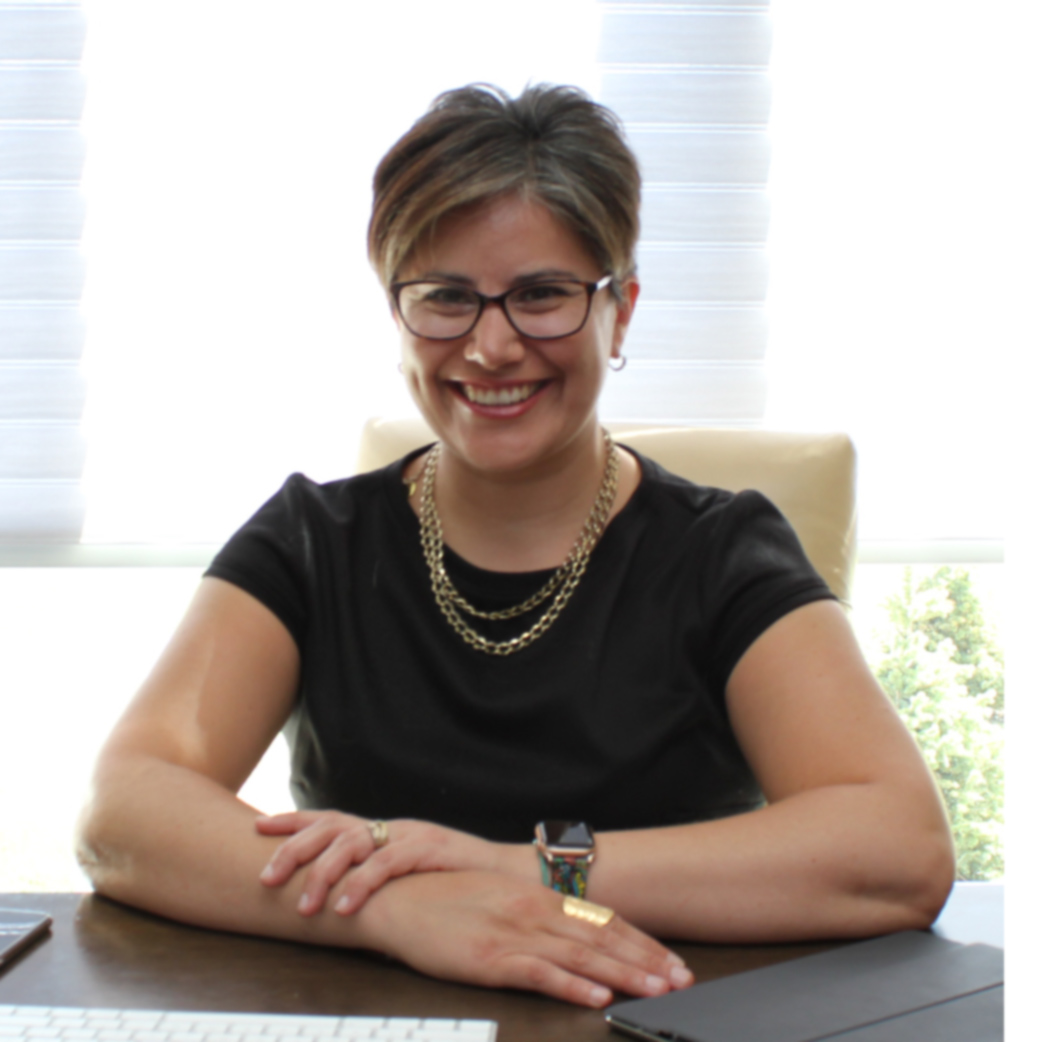
Malena Gonzalez
President
President
Malena Gonzalez is an accomplished Interactive Design Instructor at Assiniboine Community College (ACC) in Brandon, MB, Canada. With a deep passion for both education and community engagement, she has dedicated her career to empowering students and organizations through innovative problem-based learning (PBL) methodologies.
Certified by IDEOU in Design Thinking and Creative Leadership, Malena brings a unique blend of expertise and creativity to her role. Her comprehensive understanding of design thinking principles allows her to approach challenges with a fresh perspective, driving innovative solutions and fostering a culture of creativity.
Having obtained her Level I – III PSPBL certification, Malena has successfully integrated the PBL approach into the program she teaches at ACC. Through her expertise and hands-on experience, she has demonstrated that the PBL philosophy can be effectively applied across diverse backgrounds and industries.
With a firm belief in the power of creative thinking and community-driven solutions, Malena is excited to continue leveraging her expertise as the new President of PSPBL. She is committed to fostering strong relationships between law enforcement professionals and community members, ensuring a safer and more connected environment for all.
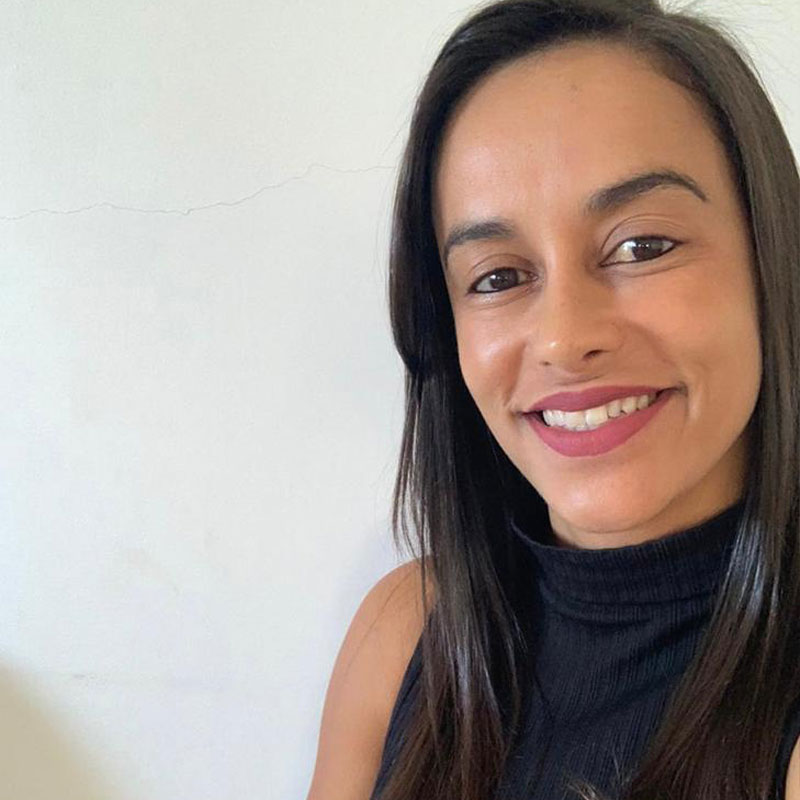
Renata Barros
Vice President
State Police of Brasilia, capital of Brazil, for 16 years. Master’s degree in Education in progress. Postgraduate, Lato Sensu, in Educational Management. Bachelor degree in Pedagogy. Author of two e-books on Problem-Based Learning. Author of 05 scientific articles on education. Teacher of the Superior School of Civil Police of the Federal District. Speaker on educational topics. Pedagogical Coordinator. Pedagogical Consultant with emphasis on Active Methodologies and Police Education, Teaching Didactics and Educational Management. Instructor, advanced level, PSPBL.

Captain Paul R. Laferriere, Esq.
Executive Director & Training Coordinator
Paul Laferriere has over 34 years of experience in Law Enforcement with expertise in all aspects of personnel management, including hiring, training and disciplinary issues. He is currently the Commanding Officer of Administrative Services for the Lowell, Massachusetts Police Department, one of the original test sites that assisted in shaping the content of the PTO program.
Paul is a MPTC Certified Instructor in Legal Issues and a Certified Instructor in Problem-Based Learning with over 22 years of teaching experience. Paul is also a practicing attorney, having graduated from Suffolk University Law School in 1991.
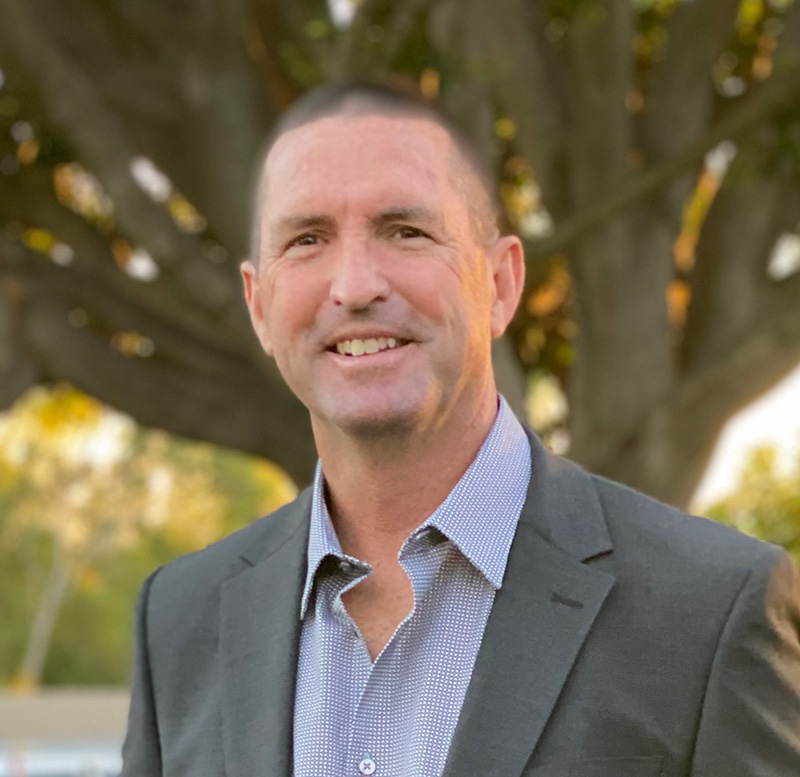
Roger Buhlis
Treasurer
Roger Buhlis retired from the Richmond Police Department in 2012 after 26 years of police service. During his career, Roger worked as a patrol officer, Crime Scene Investigator, training officer, Recruit Training Officer for the Napa Police Academy, and traffic enforcement (Motor) officer. As an officer, Roger worked to implement the PBL PTO model at Richmond PD and served as the program coordinator.
Roger was promoted to sergeant in 2006 and, at various times, worked as the Adjutant to four Patrol Bureau commanders, supervised patrol teams, the jail, the Police Training Program, and served as a Professional Standards (Internal Affairs) investigator.
In retirement, Roger earned a Master of Arts degree in Adult Education. He worked for Lexipol for four years as a coordinator for the Daily Training Bulletin (DTB) program and as DTB author. Roger also taught the Supervisory Leadership Institute for California POST and is one of the PSPBL instructors for the PTO Training for Trainers course.
In 2021, Roger returned to sworn police service as a San Diego deputy sheriff where he currently works in the Court Services Bureau.
Roger is the current Treasurer and a past President for the Police Society for Problem Based Learning.
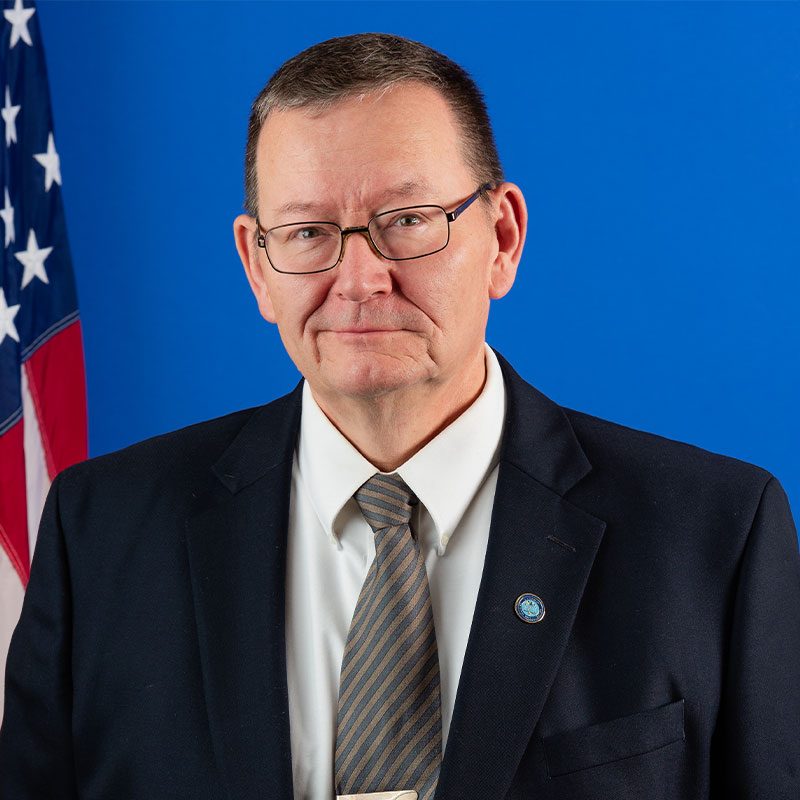
Art Aplan
Board Member
Art Aplan is a Special Assistant Attorney General for the South Dakota Division of Criminal Investigation. He coordinates law enforcement training for the state academy. Since 1981 he has worked in military, municipal, county, and state law enforcement. Art has managed training for a military police company, a county sheriff’s department and a state academy. In the Basic Law Enforcement Training Academy, he acts as a mentor, instructor and facilitator for new law enforcement officers. He is the lead instructor and practitioner of firearms training.
During his first exposure to Problem Based Learning in Oshawa, Ontario in 2009, he would agree that he was the least likely person to pursue it further. Since then he has hosted PSPBL training five times in South Dakota. Art and the academy staff use PTO, PBL and adult education principles to develop a new format for basic officer training. He is an enrolled member of the Cheyenne River Sioux Tribe.

Seeking New Board Members
Submit form bellow, if you believe you can be up for the challenge!
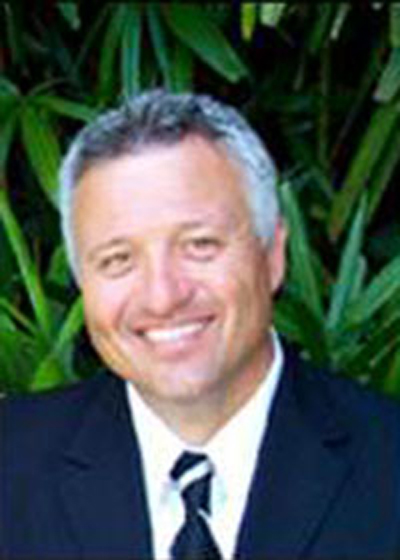
Gerry Cleveland
Co-Chair
Gerry Cleveland is the past president and co-founder of PSPBL. He is, with Professor Greg Saville, the co-author of the National Police Training Officer (PTO) program and the National Police PBL Model.
Gerry has been working for the past two decades with police agencies around the world to improve police training standards.
Gerry lives in Australia with his wife. He is an educator and a lawyer. He currently lives in Perth, Australia where he teaches at Notre Dame University Law School. When he is not traveling and teaching, Gerry practices commercial credit law and criminal law.
Gerry began his professional life as a police officer in Toronto where he spent ten years working in a variety of functions including street patrol and undercover drug work.
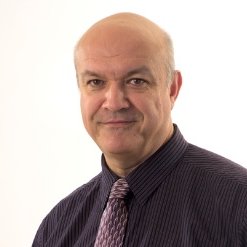
Greg Saville
Co-Chair
I had no idea I was getting into something that would change my professional life. My original involvement with problem-based learning (PBL) began in the 1980s during Graduate School when I was first exposed to self-directed learning. York University was committed to helping students develop their own plan of study. Accompanying this flexible curriculum was responsibility for mastering my field of study. I was expected to present my ever-changing work every 6 months and then defend this in front of a committee of professors. There’s nothing like pressure performance to bring out the best in students, at least in this one.

